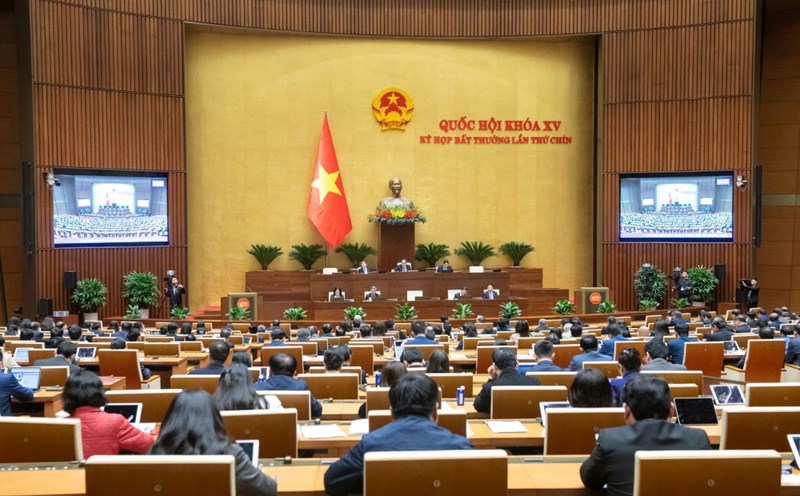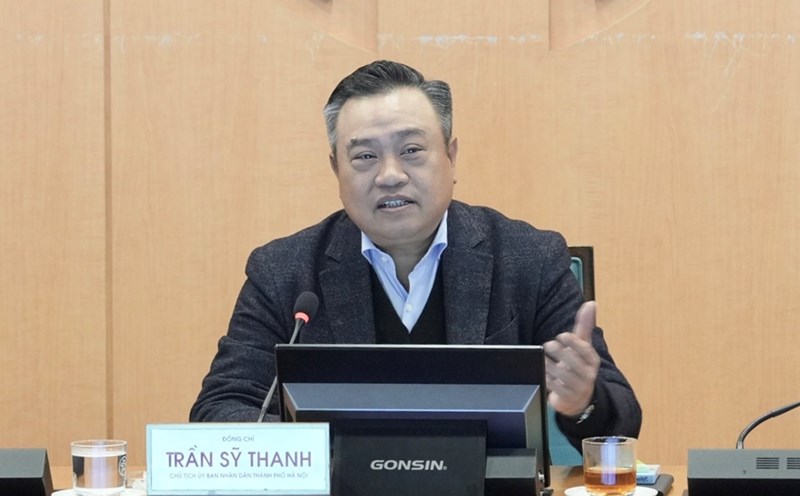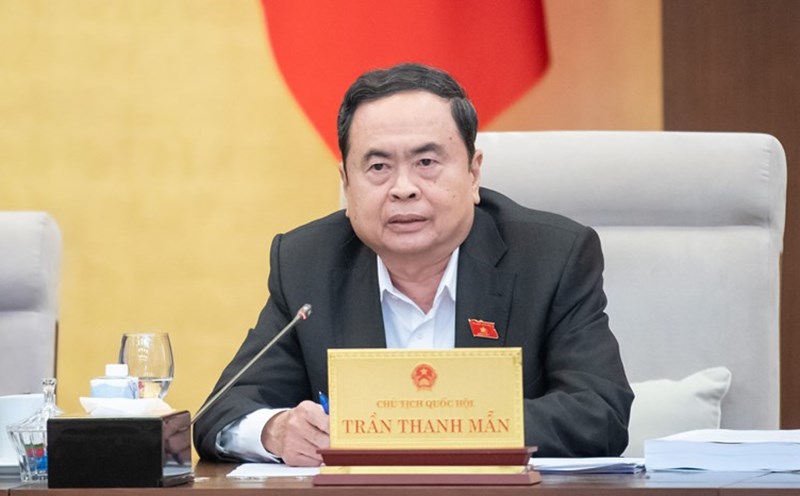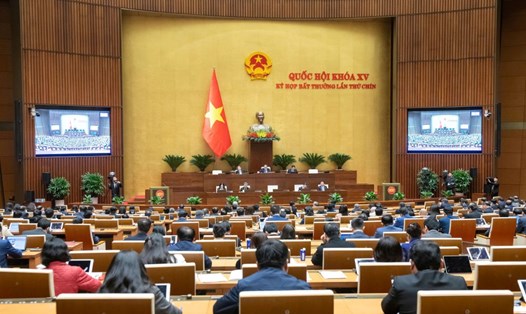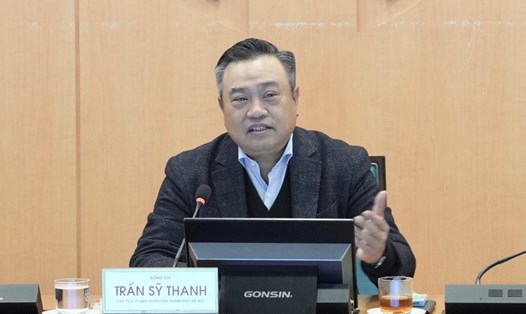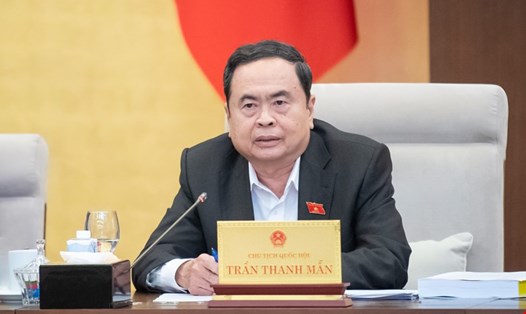Continuing the program of the 9th Extraordinary Session, tomorrow morning (February 19), the National Assembly will vote to pass the amended Law on Organization of Local Government.
Article 19 of the draft law stipulates the duties and powers of the People's Councils (PCs) at the district level.
The People's Council at the district level decides on policies and plans for socio-economic development and sectors and fields in the district according to the provisions of law.
Decide on state budget revenue estimates in the area; local budget revenue and expenditure estimates and allocate state budget estimates; adjust local budget estimates if necessary; approve local budget settlement.
Decide on measures to develop the fields of economy, land, resources, environment, education, health, culture, information, tourism, sports; measures to implement social policies; prevent corruption, waste, prevent crimes and other violations of the law in the district according to the provisions of law.
Decide on the establishment and regulation of tasks, powers, and organizational structure of the Committees of People's Councils at their levels; decide on full-time delegates and the number of members of the Committees of People's Councils at their levels according to the regulations of competent authorities.
Decision to establish, arrange, and dissolve other specialized agencies and administrative organizations under the People's Committee of the same level according to the regulations of the Provincial People's Committee.
Decide on the number of civil servants in agencies of local authorities at the level of the commune and affiliated commune level, the number of people working in public service units under the management scope according to the number of positions assigned by competent authorities; specifically decide on the number of non-professional workers at the commune level, in villages and residential groups according to the regulations of competent authorities.
Approving the project to establish, dissolve, merge, divide, and adjust the boundaries of administrative units, rename administrative units at the level of one and the commune level under one.
Decide to establish, arrange, dissolve, name, and change the names of villages and residential groups according to the provisions of law.
Elect, dismiss, and remove Chairman, Vice Chairman of the People's Council, Head of the Committee, Deputy Head of the Committee of the People's Council at their level; Chairman, Vice Chairman, and members of the People's Committee at the same level; elect, dismiss, and remove from the People's Court's Jury in accordance with the provisions of law.
Receive a vote of confidence, vote of confidence for people elected by the People's Council and other cases as prescribed by law.
Article 20 of the draft law stipulates the duties and powers of the People's Committees (PCs) at the district level.
The District People's Committee implements state administrative management in the district to ensure unity, smoothness, continuity, effectiveness, efficiency, democracy, rule of law, professionalism, modern, clean, public, transparent governance, serving the people.
Regulate the organization of the apparatus and specific tasks and powers of specialized agencies and other administrative organizations under the People's Committee at their level; decide to establish, arrange, dissolve and stipulate the organization of the apparatus and specific tasks and powers of public service units under the People's Committee at their level.
Management of the number of civil servant positions in state administrative agencies, the number of civil servants receiving salaries from the state budget under management, the number of non-professional workers at the commune and village levels in residential groups in the district according to the provisions of law and decentralization of higher-level state agencies.
Issue working regulations of the People's Committee at its level; perform assigned tasks and powers, delegated authority and other tasks and powers according to the provisions of law.

